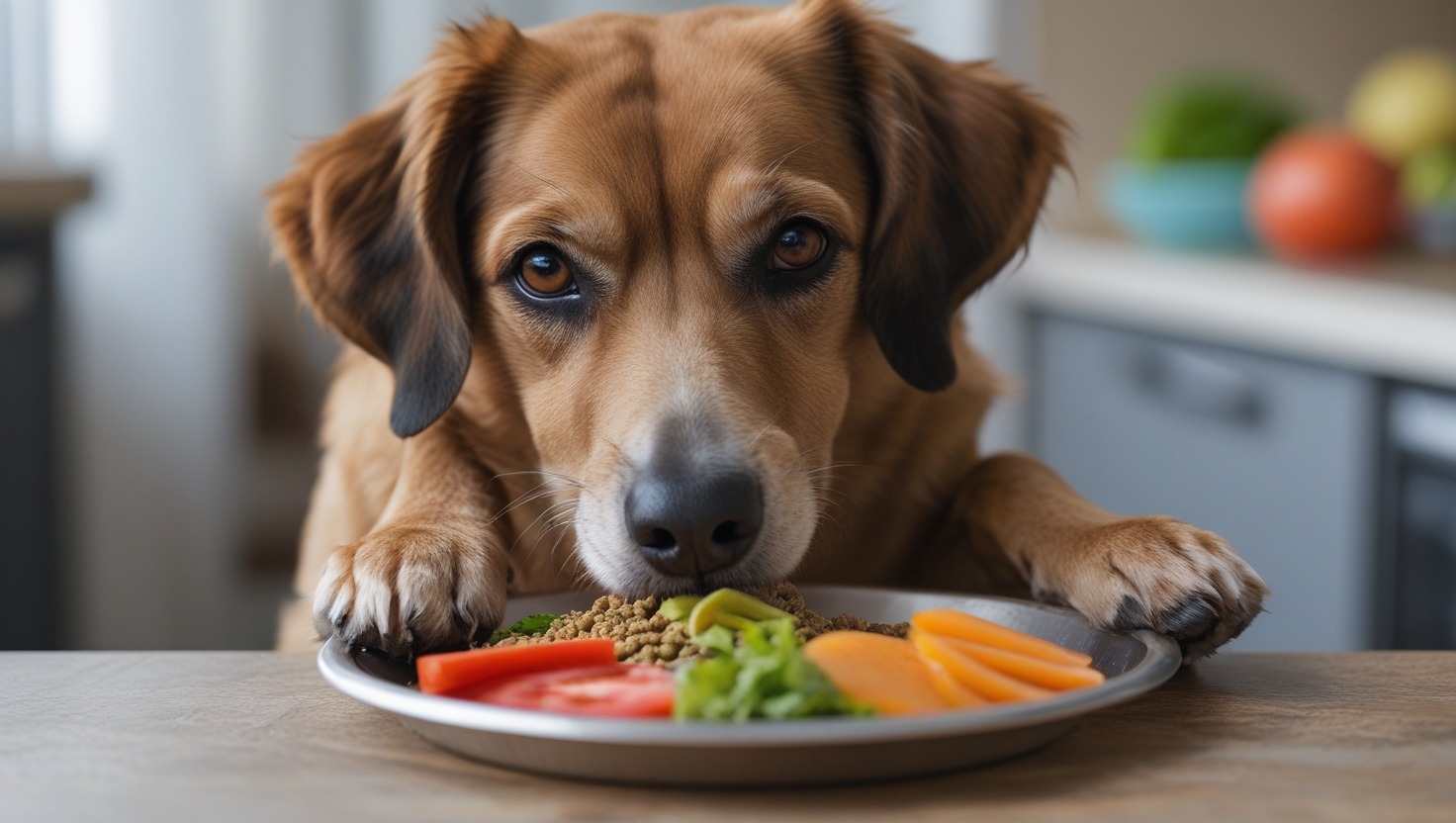Dogs cannot just quit because they are in an eating mood, and you, as a pet owner, cannot dismiss them losing their appetite. It is understandable that when your sporty and food-loving dog stops enjoying food, it raises some questions. One missed meal may not be a big issue, but after a series of refusals to eat, one may suspect something is wrong.
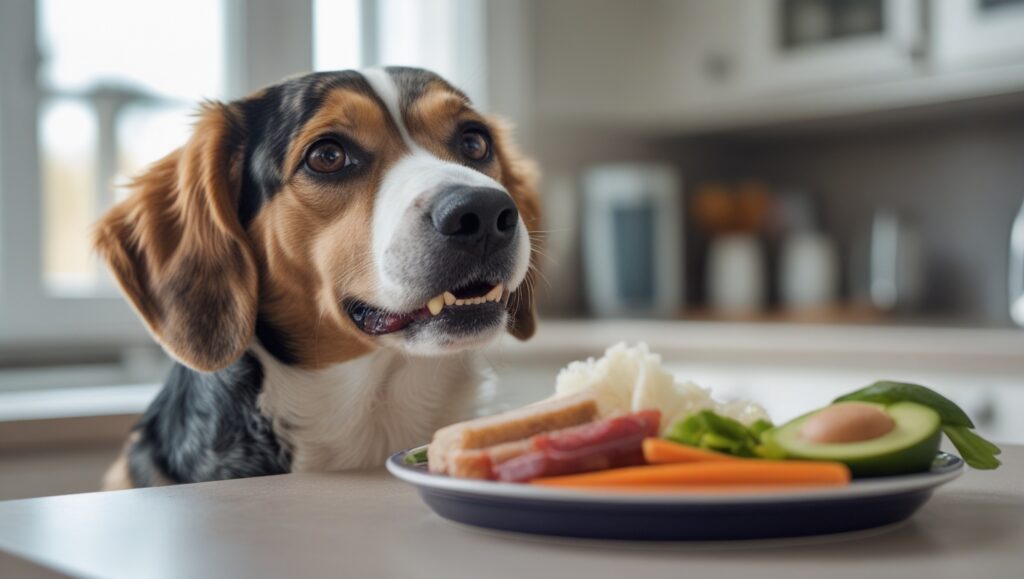
Here, we will discuss the usual causes of a dog’s loss of appetite, home treatment options, and the signs that indicate when it is necessary to call the veterinarian.
Causes of Dogs Not Eating.
Your dog may not be interested in food for the following reasons. Others are insignificant and temporary, whereas some of them can point to some underlying health problems.
1. Ailments or Medical conditions
Dogs, similar to humans, also get off their appetites when they are feeling ill. Popular causes of reduced appetite attributable to common conditions are:
- Virus, bacterial, or fungal infections
- Health condition of the kidneys or liver
- Pancreatitis
- Toothaches (or gum infection)
In the case that your dog is also fatigued, vomits, or is experiencing diarrhea, you need to take him to the vet.
2. Recent Vaccinations
Other dogs develop side effects to vaccine injections and, as a result, might develop a mild fever or tiredness, resulting in a temporary loss of appetite. This is normally brief and lasts only two days or so.
3. Environment or Routine Change
Dogs are habitual animals. They are distressed or stressed by a sudden friendship, family member, travel, and even changes in the time of feeding, which also leads to a loss of appetite.
4. Food Aversion/Picky eating
In case you have changed their brand of food or the taste, or something new has been added, your dog might simply not like the new taste. Refusal may be caused by spoiled or expired food as well.
5. Itchiness or Soreness
A dog may have a decreased appetite due to injuries, joint pains (particularly among aged dogs), or belly pains. In order to know how dogs communicate pain, it is necessary to look out for such signs as limping, whimpering, or hiding, because not all dogs communicate through vocalizing pain.
What to Do in the Case Your Dog Is Not Eating?
There are a couple of methods that you can use at home to make your dog start consuming food before you rush to the vet.
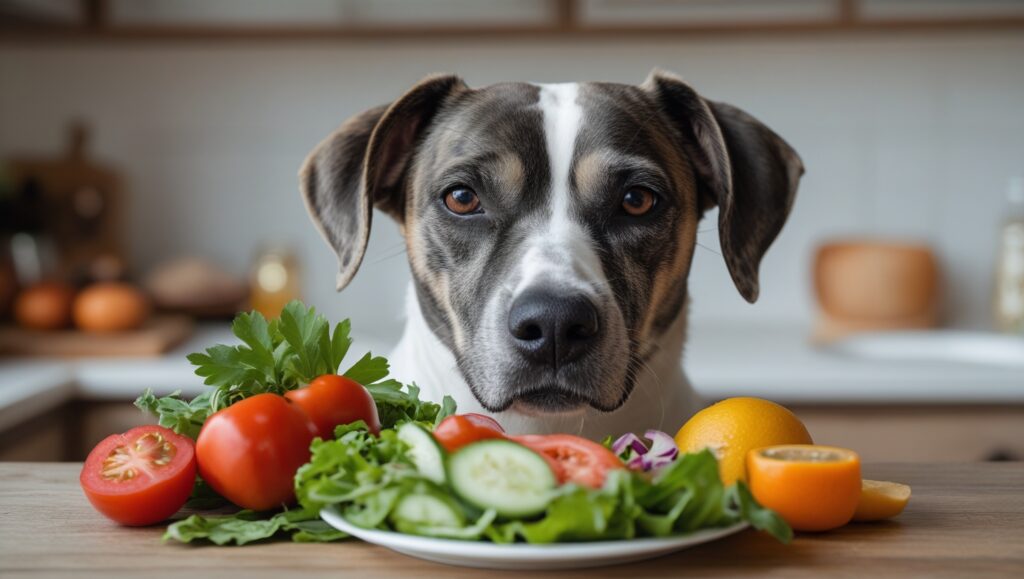
1. Inspect Their Food and Water
- Ensure that the food is not stale.
- Food and water bowls should be washed to prevent contamination.
- It is possible to warm wet food a little to make it smell better.
- For better taste, offer low-sodium chicken broth rather than kibble.
2. Routine Behavior
During feeding, do it at a regular time and not in a noisy and busy setting. It can also help with the appetite of dogs because they feel safe when they have routines.
3. Limit Treats
An abundance of treats or table fare can fill them up or cause them to disregard normal meal times. Reduce the options with the help of having an interest in proper meals again.
4. A Bland Diet is worth a try.
In cases of mild digestive upset in dogs, resetting their appetite can be achieved by introducing a temporary bland diet (i.e., boiled chicken with plain rice). No spices or oil should be used.
When to Worry: Things to Watch for That Require a Vet Visit
At other times, poor appetite is only a temporary condition. Nevertheless, those cases can be more serious, as the following symptoms can testify:
- Your dog has not been eating within the last 24-48 hours.
- There is vomiting or diarrhea that goes along with the loss of appetite.
- Observable weight loss.
- Bloated stomach
- Fatigue or weakness
- Suckling or licking, slobbering or mouthing the mouth.
This is a list of symptoms that require veterinary intervention as soon as possible to exclude infections, organ problems, or, more worryingly, an obstruction.
Difference between Appetite Loss in Puppies and Mature Dogs
Puppies:
Without food, young puppies may soon develop hypoglycemia. In case a puppy does not want to have even a single meal, turn to a vet. Their appetite can be interrupted by weaning stress, parasites, or teething.
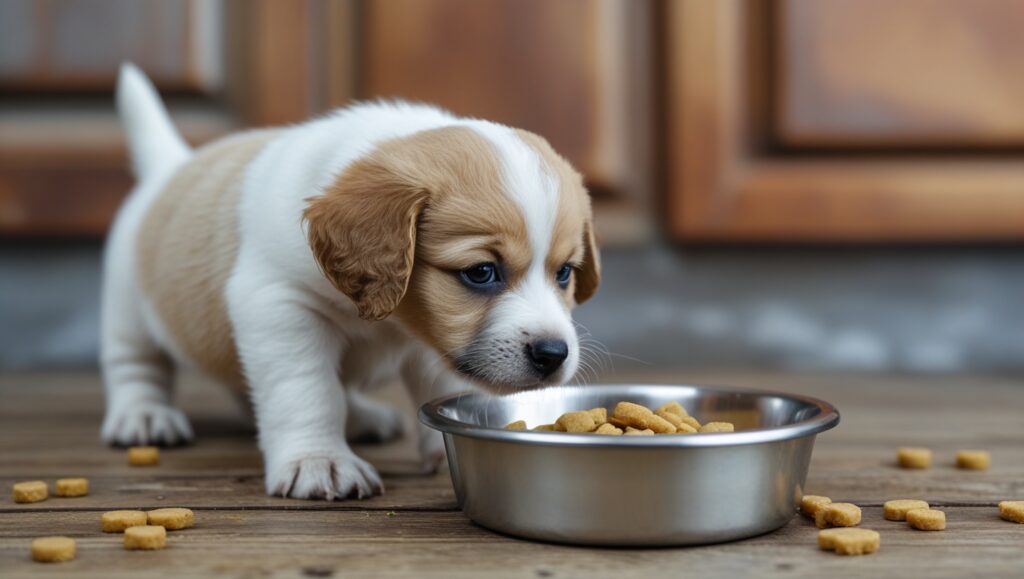
Senior Dogs:
In dogs that are older, the loss of appetite can be connected to the development of arthritis, dental infections, or other age-related diseases that are aged. There is a need to run a check-up and to check bloodwork to diagnose the cause.
Tips to prevent the appetite problems of a dog
These will reduce the risk of getting a loss of appetite, but some of the causes are not preventable:
- Have regular vet visits and checkups.
- Feed at regular intervals.
- Provide dog food of high quality that has been recommended by vets.
- It is advisable to notice the behavior of your dog and take action on time.
- Make their ambiance at home stress-free.
Dogs’ Natural Appetite Booster
In case your vet excludes medical causes, natural options are used to promote appetite in your canine:
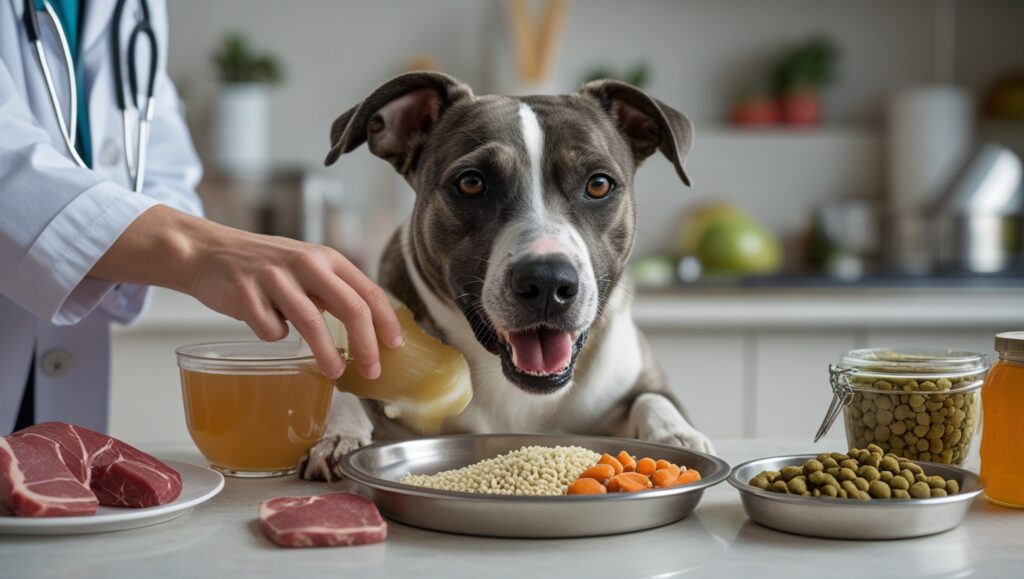
- Low-sodium bone broth.
- Wet topper foods.
- Comfort feeding (particularly in the case of nervous dogs).
- Special stuffed toys to keep the food more interesting.
- Newly prepared fresh food under the supervision of a vet.
Reactions or allergies should be monitored, and the introduction of new food should be done so with small amounts.
Final Words
This defect is not always something to worry about, but the dog’s loss of appetite is not to be ignored, especially in cases when it takes them more than a day or is accompanied by other conditions. It is the main thing to become familiar with your dog and his behavior, how he lives, and the state of his health, to discover the cause and the remedy of his appetite.
You can never be wrong to visit a veterinarian whenever you are in doubt about what to do to determine the health and happiness of your dog.
Does it mean that dogs can miss a meal and be fine?
It is true; healthy grown-up dogs may not bite one day, and everything is okay. However, sometimes, a constant rejection to eat as well can be an indication.
Can I make my dog hungry with home remedies?
Warm bone broth, boiled white chicken, and even a little wet food added to kibble can also help to build the appetite.
Will I need to worry when my old dog ceases to eat food?
Yes. Older dogs are more susceptible to diseases, and the loss of appetite should not be ignored; attention must be paid to a vet.

